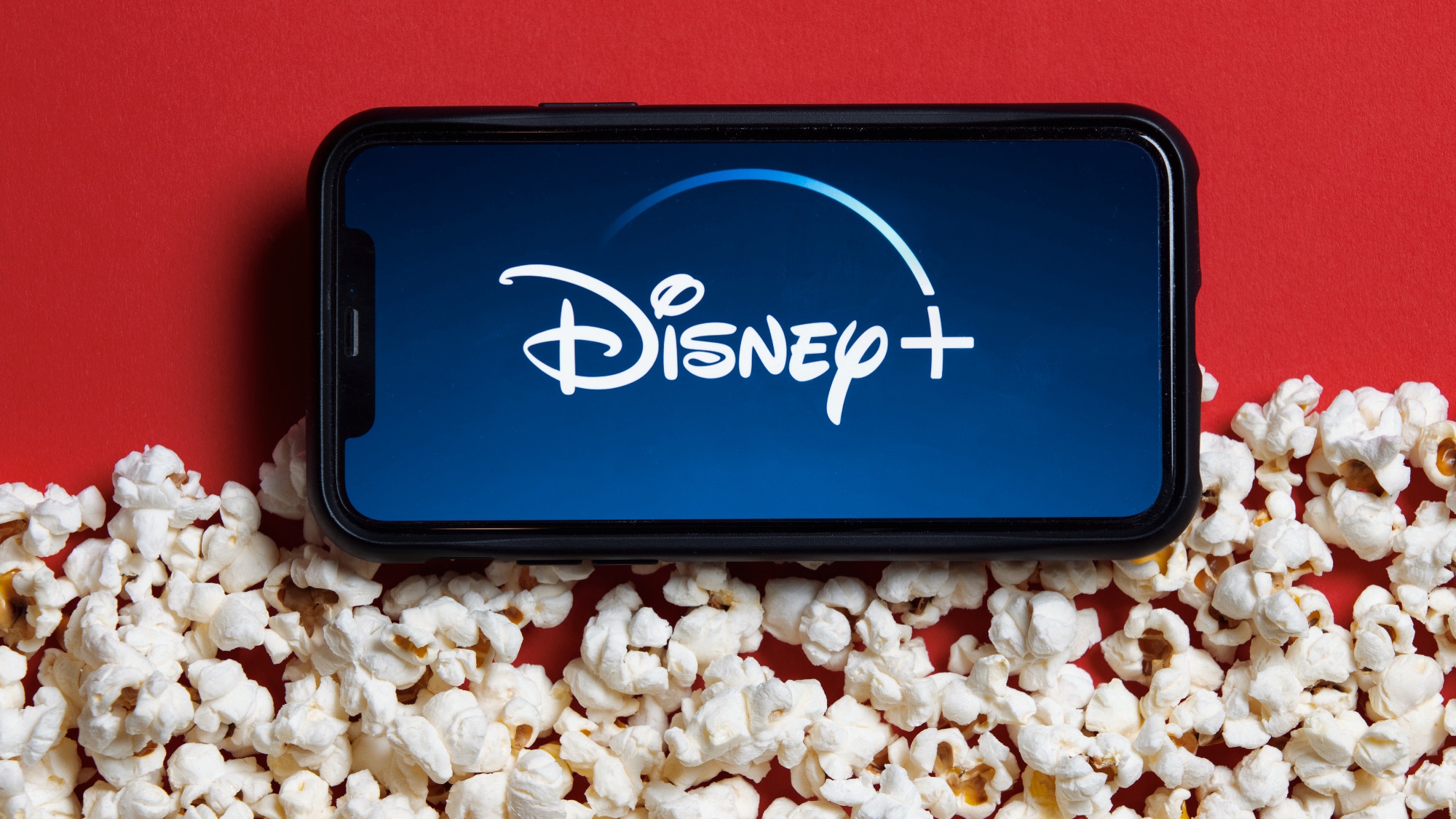
We want it now...
but hold on a minute. For years, many observers branded our current landscape as the “attention economy,” meaning the organizations or entities that succeed were those that could stand out amidst a flood of online content. Perhaps what is now evolving is the “impatient economy,” meaning the wins go to those who can deliver services or information at lightening speeds.

Almost paradoxically, mainly due to the rise of artificial intelligence, there’s also a “hesitation reflex” that is creating mistrust in digital services and commerce. This collision between the impatient economy (people want their services yesterday) and the hesitation reflex (wait a minute on that click) is documented in Accenture’s 2025 Life Trends report , along with other trends ahead. The challenge is the hesitation reflex may be costly for anyone doing business online, the Accenture authors, led by Nick Law and Katie Burke, warn.
“For customers, the degradation of experience and the rising likelihood of being misled means they must constantly ask themselves, ‘is this real?’ in multiple contexts, and on platforms they once trusted. If people become too weary, online shopping could take a hit and brands would suffer.” Accenture’s research is based on the input of designers, creatives, futurists, technologists, sociologists, and anthropologists across more than 50 design studios and creative agencies.
The research was accompanied by an online survey of 24,295 people across 22 markets. Refresh Your Wardrobe And Home With Quince’s Black Friday Deals The Best Black Friday Deals On TVs, According To Our Tech Editor In the emerging impatient economy, “consumers are going their own way, finding quick solutions via relatable online content to satisfy their growing impatience to achieve life goals,” the co-authors state. This is affecting the workplace as well.
“As new technologies arrive in the workplace, will people hesitate—or trust and embrace them?” Unfortunately, simultaneously, “it’s now incredibly easy to create all kinds of digital content, and a flood of scams is blurring the lines between the authentic and the deceptive. Even on once-trustworthy platforms, it’s harder for people to tell what’s real, seeding hesitation into their digital interactions.” Still, companies need to go where their customers are, which is demand for easy and rapid delivery of goods and services.
The Accenture authors call the consumer use of technology to get what they need in a timely manner “smartcuts,” which involve “making quick, intuitive, savvy choices to achieve a goal.” Product and service providers “can satisfy this instinct by offering simple, convenient solutions alongside more thoughtful options for those who want to be more considered.” At least 55% of people prefer quick solutions over traditional methods and many are willing to explore riskier routes to achieve their health and financial goals, the Accenture data shows.
“This is becoming a more powerful space than those where most companies currently choose to engage,” they add, “Trusted institutions have the right message but not the right medium. Social platforms have the right medium but not always the right messages. There is an opportunity here to serve an unmet need by delivering trusted information via the right channel, with a relatable, person-to-person quality.
” Companies that have been “viewing direct customer relationships as a cost — and treating them as such — will need to take a hard look at whether this strategy will soon diminish growth and profits in this new context,” the Accenture team states. Areas where people want long-term support include financial investment (61%), physical health (60%), mental health (59%), insurance (57%), and education and skill development (57%)..














